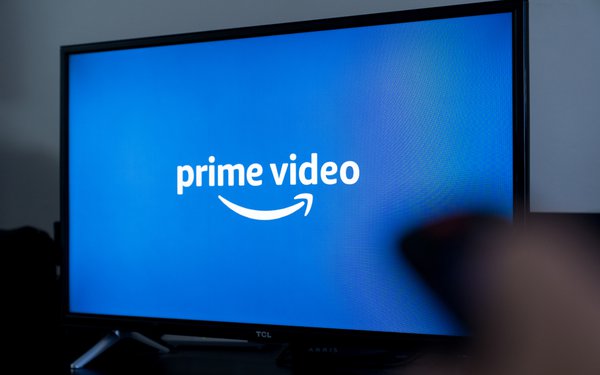
Amazon is urging an appellate court to reject
Prime Video users' bid to revive a lawsuit claiming the company violated a federal video privacy law by allegedly sharing information about their online video viewing with corporate affiliates.
U.S. District Court Judge James Robart dismissed the suit in May, ruling that the Prime Video users' allegations, even if proven true, wouldn't support a finding that Amazon
“affirmatively disclosed” users' personally identifiable video-viewing information.
Amazon last week asked the 9th Circuit Court of Appeals to uphold that ruling,
writing that Robarts "correctly dismissed the complaint."
The company's papers come in a dispute dating to March 2024, when Virginia resident Meredith Beagle and Louisiana
resident Jordan Guerrero alleged in a class-action complaint that Amazon violated the federal Video Privacy Protection Act -- a 1988 measure that prohibits video rental companies from revealing
identifiable information about people's video-viewing history without their consent. Congress passed the law after a Washington, D.C. newspaper obtained Supreme Court nominee Robert Bork's video
rental history from a local store.
advertisement
advertisement
Among other allegations, they claimed that Amazon Services regularly discloses personally identifiable information to its parent
company, Amazon Inc., “for audience measurement purposes, marketing purposes, market research purposes, advertising purposes, and other data collection and analysis purposes.”
They also alleged there is a "free flow of data from Amazon Services to Amazon Inc." (Amazon Inc. includes subsidiaries such as Whole Foods and Twitch.)
"Reports from former Amazon information security professionals have described a data 'free-for-all' within the Amazon empire," the plaintiffs alleged, adding that Amazon Services
"maintains a virtual 'warehouse' of data that it collects from consumers who are unable to opt-out and gives Amazon Inc. access to that database."
Amazon countered that none of
the allegations, if true, would prove it actually transferred Prime Video users' information.
Robart agreed, writing that the allegations in the complaint could only show the
“mere possibility” that Amazon disclosed data about the videos people watched.
The plaintiffs recently appealed to the 9th Circuit, arguing that Robart interpreted
the Video Privacy Protection Act's restriction on disclosure too narrowly.
Counsel for the plaintiffs specifically argues that to "disclose" means to "expose to view,"
regardless of whether anyone actually viewed the information.
Amazon counters in its argument to the 9th Circuit that storing data in a "warehouse" isn't equivalent to
disclosing it.
"Far from knowingly disposing of data where a nosy report will find it, Amazon Services is alleged to have done something more akin to leaving a printed document
unattended on a desk while the door to the store is unlocked," Amazon writes. "While that action may create the possibility of a disclosure, it is not -- without further action -- a disclosure in and
of itself."
The 9th Circuit has not yet scheduled a date for oral arguments.